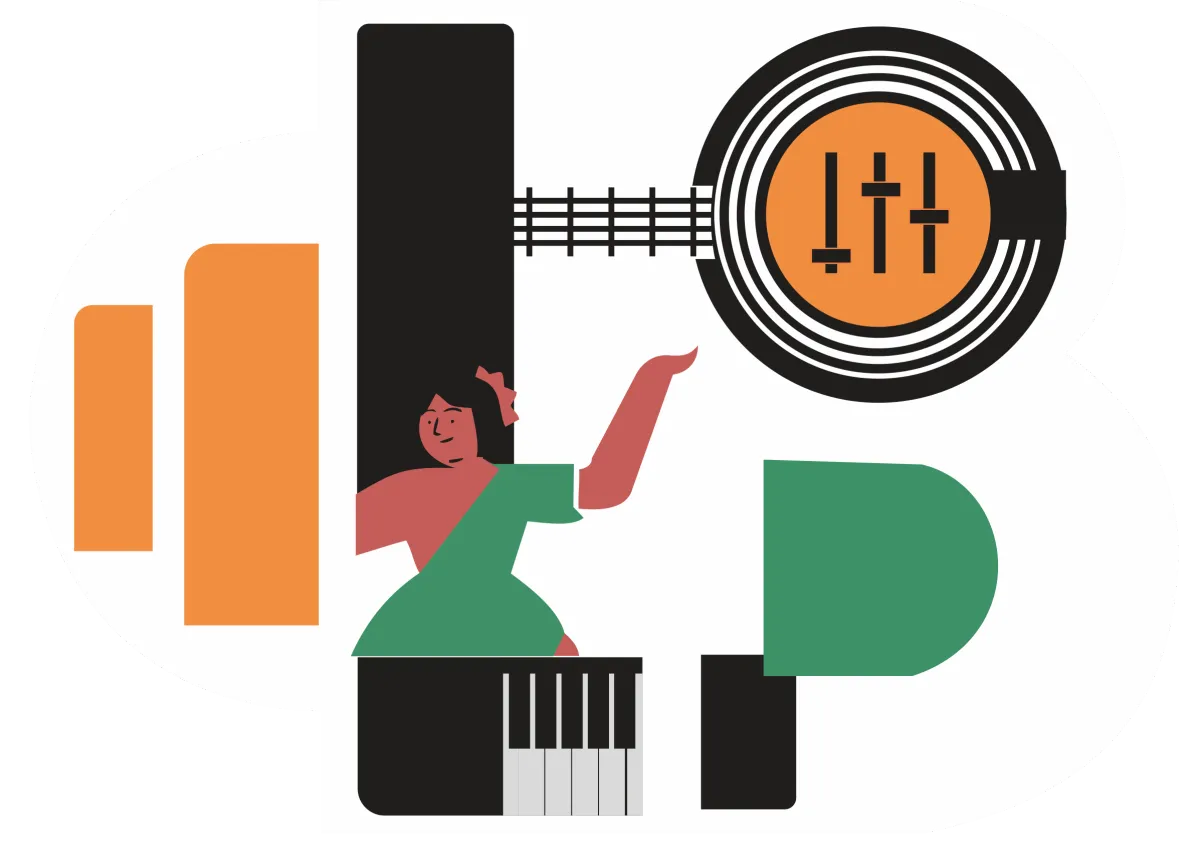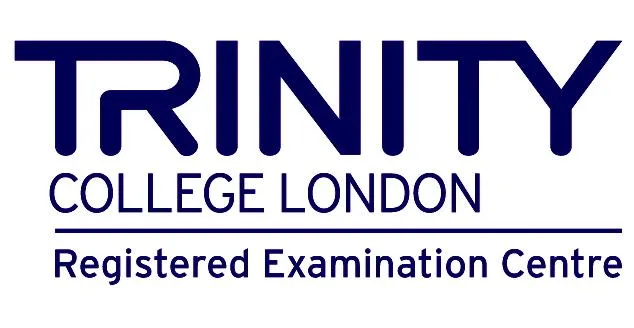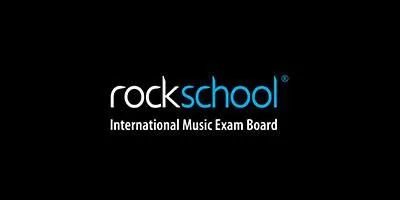
MUSIC SCHOOL
Heartbeat’s weapon—drum it loud
DRUM
CLASSES
IN VAISHALI(GHAZIABAD)
FOR
ALL
AGES
EXAMS CONDUCT BY

Trinity College London, established in 1872, is a leading international awarding organisation, publisher and independent education charity. We specialise in the assessment of communicative and performance skills covering music, drama, combined arts and English language.
With over 850,000 candidates a year in more than 60 countries worldwide, Trinity qualifications are specifically designed to help students progress. Our aim is to inspire teachers and learners through the creation of assessments that are enjoyable to prepare for, rewarding to teach and that develop the skills needed in real life.

Rockschool music qualifications are tailor-made for the contemporary musician. Ranging from introductory grades to advanced levels of study, RSL Awards’ graded music exams ensure hard work is rewarded. For over 30 years we have been producing materials to help people learn musical instruments and assess their progress.
Our Aim at LEADSBUG School of Music
we strive to introduce and teach all aspects of drumming.
This includes everything from:
.Rhythm
.Timing
.Reading
.Rudiments
.Strokes on the drums
.Coordination
.Sticking patterns
.Freedom around the drum kit
.Listening / responding exercises
.Basic grooves and beats to complex grooves
.Different styles and genres of playing
So much more!
All beats you learn should give you inspiration for what you can play
when you are improvising. We also endeavour to inspire clients to explore the huge range of music available to you
while also discovering what you really love to play to and working on repertoire of your own choice.
Everything you learn should bring you closer to achieving your own personal goals.
VARIETY OF STYLES
ROCK n ROLL
Playing straight rock beats on the drum kit with crotchets (quarter notes) and quavers (8th notes) helps build up our coordination.
These sorts of grooves are also a good place to start for when we are reading music for the first time. Our basic rock grooves are laid out and easy to read with usually three elements of the kit at a time: hi-hats/ride; snare drum; & bass drum. As we grow confident with the beginning grooves that include straight hi-hats and bass drum/snare drums on and off the beat, we get to learn and read more complicated patterns.
There are so many combinations when playing the drums. More complicated rock beats can incorporate semiquaver (16th note) beats & rhythms, and sometimes even odd times like 5/4, and 7/8.
Jazz & Improvisation
Swung quavers (8th notes)/semiquavers (16th notes) are used to drive the jazz genre in its most basic form. Improvisation is a big deal when it comes to jazz music. To become a great improviser of music, you should first of all indulge yourself in a whole range of different genres and techniques with your playing. Don’t say no to learning new ways of playing rhythms and new sticking patterns. Secondly, the more you play and practice, the more muscle memory will build in your arms. On a side notes, triplets are a great rhythm to play around with and use in fills when playing jazz.Free jazz is a whole bunch of crazy thrown into the mix. It’s based around improvisation and involves a varied range of jazz musicians to make the music sound complete.
Time Signatures, World Music, & Latin Music
Though technically not a style within itself, different time signatures come up in different styles of music, such as 3/4 (waltz), 6/8, 7/4, 7/8 , 9/8, and 12/8. Both simple (signatures divided into 2) and compound timings (signatures divided into 3) have a natural flow to them.
Odd time signatures, however, have a jumpy characteristic when looping a rhythmic phrase from the last beat of the bar to the first beat of the next bar: 5/4; 7/4; 7/8.
Want more tips on drumming